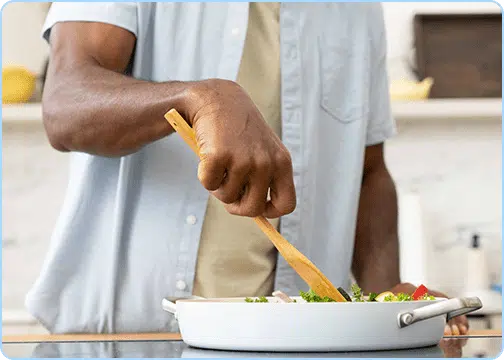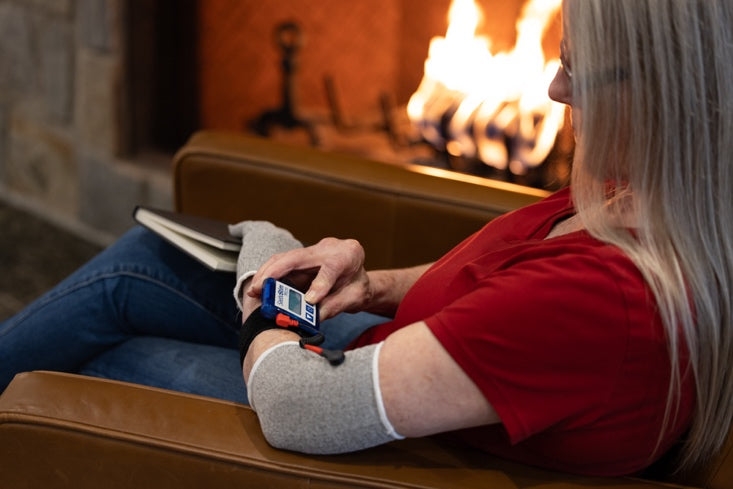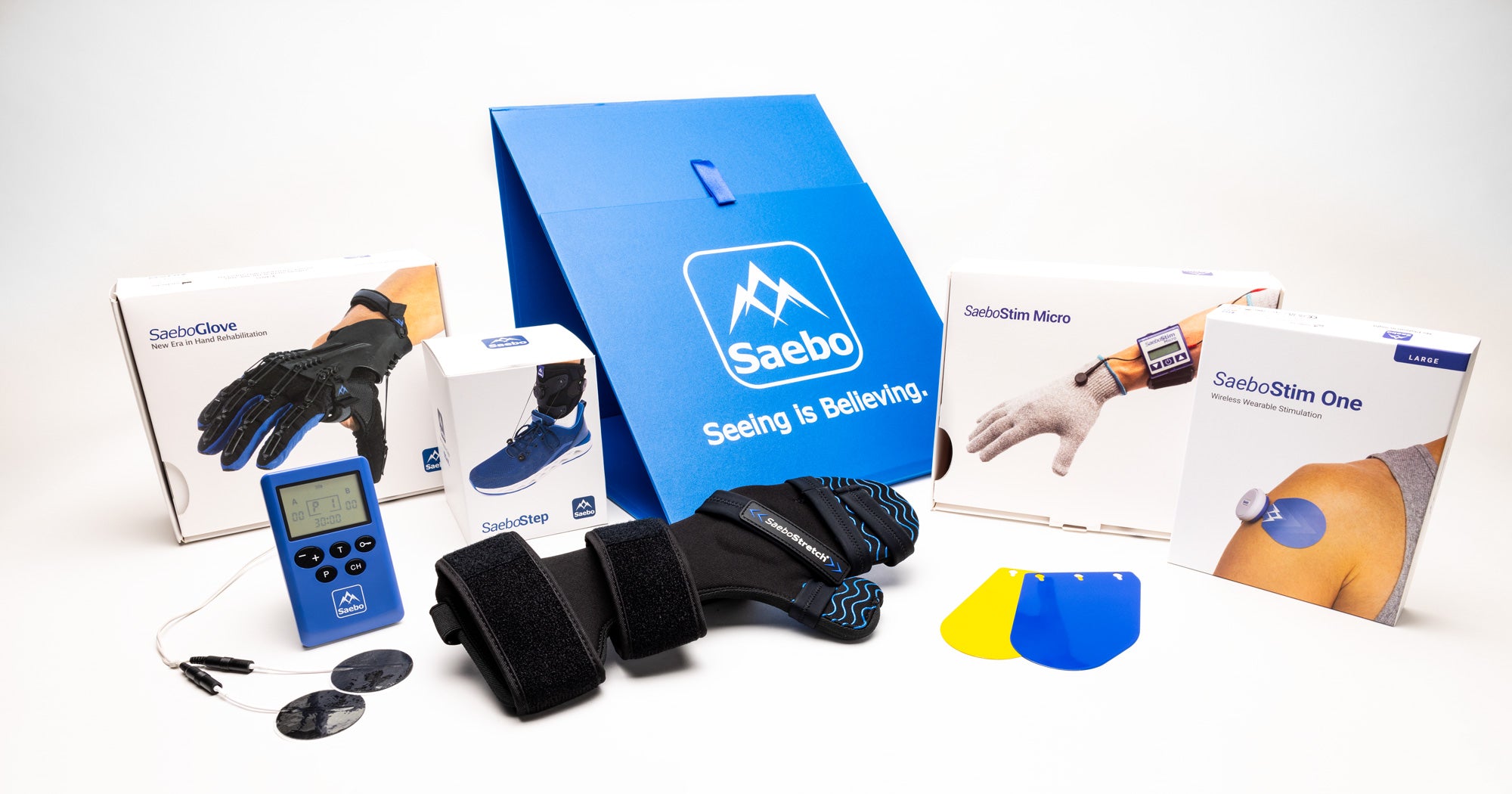Specialist Services for Stroke Rehabilitation

Specialist Services for Stroke Rehabilitation
Strokes can change the way people live their lives forever. Because the brain controls all of the body's movements, brain damage often manifests as loss of movement and strength in one side of the body. However, this loss doesn't have to be permanent. While the severity of stroke and speed of treatment play essential roles in determining a patient's symptoms, stroke rehabilitation is the most important factor in determining a patient's long-term outcome.
Stroke rehabilitation can begin as early as two days after a stroke with recovery exercises or treatments that are integrated into a patient's stroke treatment plan. Doctors know that quality of life after stroke is just as important as surviving the stroke itself, and patients are able to regain muscle control sooner if they keep their muscles stimulated in the right ways.
Fortunately, modern stroke survivors don't have to fly solo on their journey toward independence. There are now dozens of services, specialists, and adaptive recovery equipment available for stroke survivors. These resources are invaluable as patients retrain their brains and bodies in the aftermath of neurological damage.
If you or someone you love is recovering from stroke, consider some of the following services as a mandatory part your post-stroke rehabilitation regimen.
Physiatrists

Not to be confused with psychiatrists, physiatrists are physicians who specialize in rehabilitation. These physical medicine and rehabilitation physicians provide long-term care for stroke survivors. This is an important medical service, because the stroke recovery process is gradual, and it's crucial that the patient's other health needs are met during this time.
Physiatrists perform general checkups and provide nutritional as well as lifestyle guidance to help reduce the risk of a second stroke. They recommend the right services or rehabilitation programs for each patient's' unique needs. They monitor their patient’s progress after stroke, and make sure that the medical regimen matches the condition of the muscles, nervous system, and more.
Neurologists
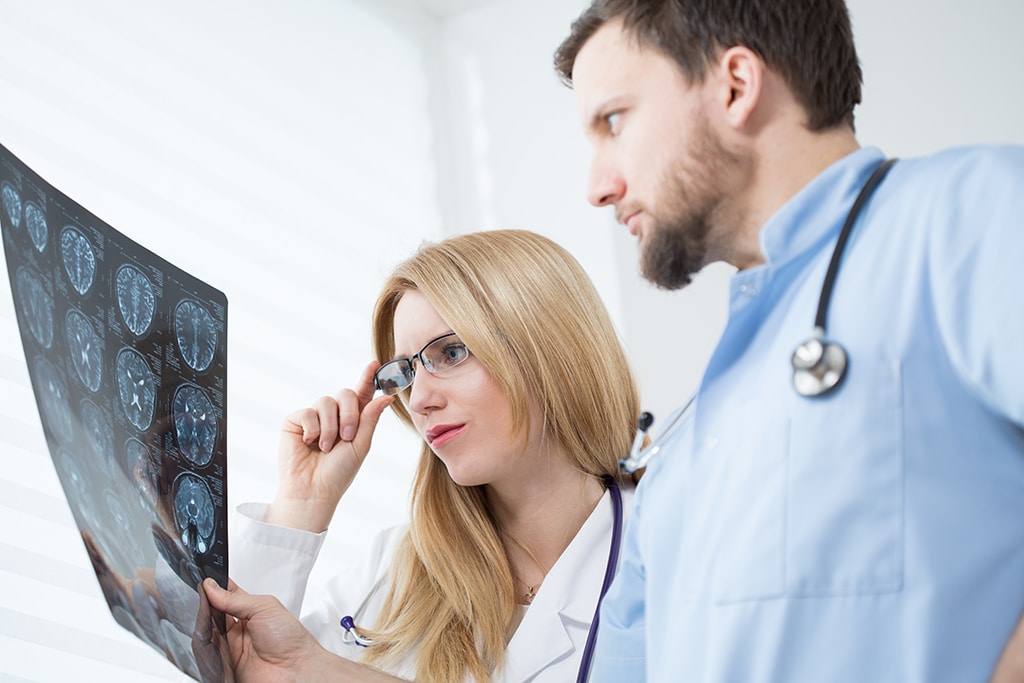
Neurology is a crucial part of the stroke treatment and recovery process. Neurologists are brain doctors who provide acute emergency care immediately after stroke, and continue to direct their patients' long-term care to prevent complications and manage symptoms. Their emergency stroke treatments are designed to stop bleeding after a hemorrhagic stroke or break up a blood clot after ischemic stroke, restoring oxygen to the brain.
Because neurologists are familiar with the different types of stroke and have access to diagnostic equipment that scans the brain, these doctors can fully analyze the effects of stroke in order to make better treatment and rehabilitation decisions. Neurologists are able to determine brain functionality after stroke, and they may even map the damaged area in order to determine which muscles are most affected.
Rehabilitation Nurses
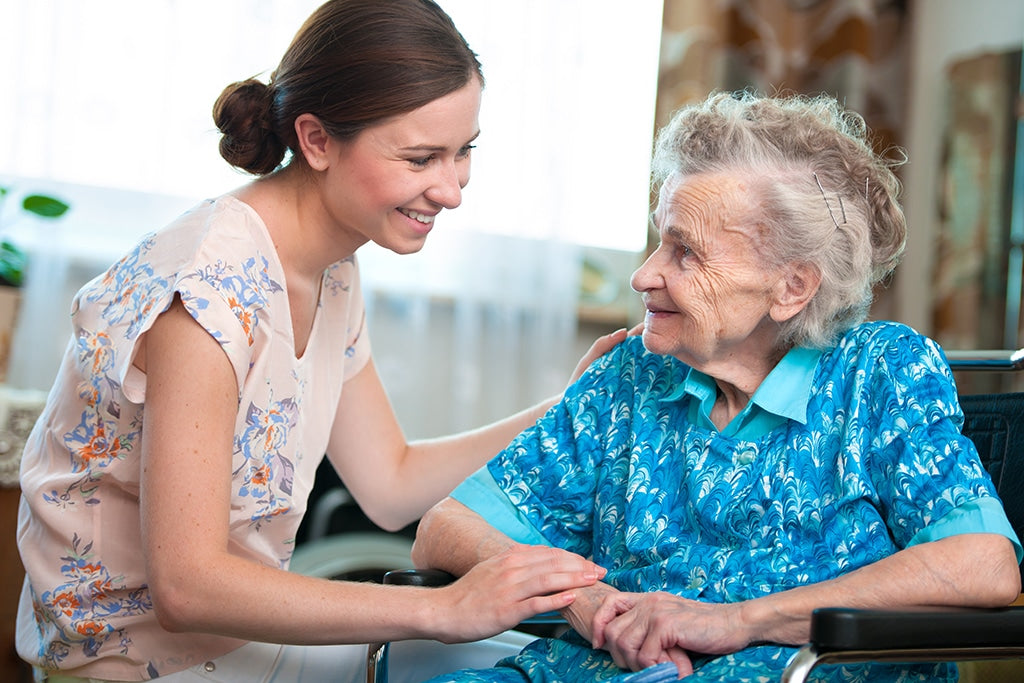
Nurses who specialize in rehabilitation have devoted their professional careers to helping patients get their lives back after a stroke. They help meet basic personal care needs at rehabilitation facilities, including assisted nursing facilities and rehabilitation centers. They also help stroke survivors stay on consistent medication and rehabilitation regimens.
Because stroke survivors often have long-term disabilities, they often rely on rehabilitation nurses for the more practical daily tasks of living, like moving them from beds to wheelchairs throughout the day. Nurses also help monitor blood pressure and blood sugar, and manage any fluctuations before diabetes or other health problems lead to additional strokes.
Physical Therapists
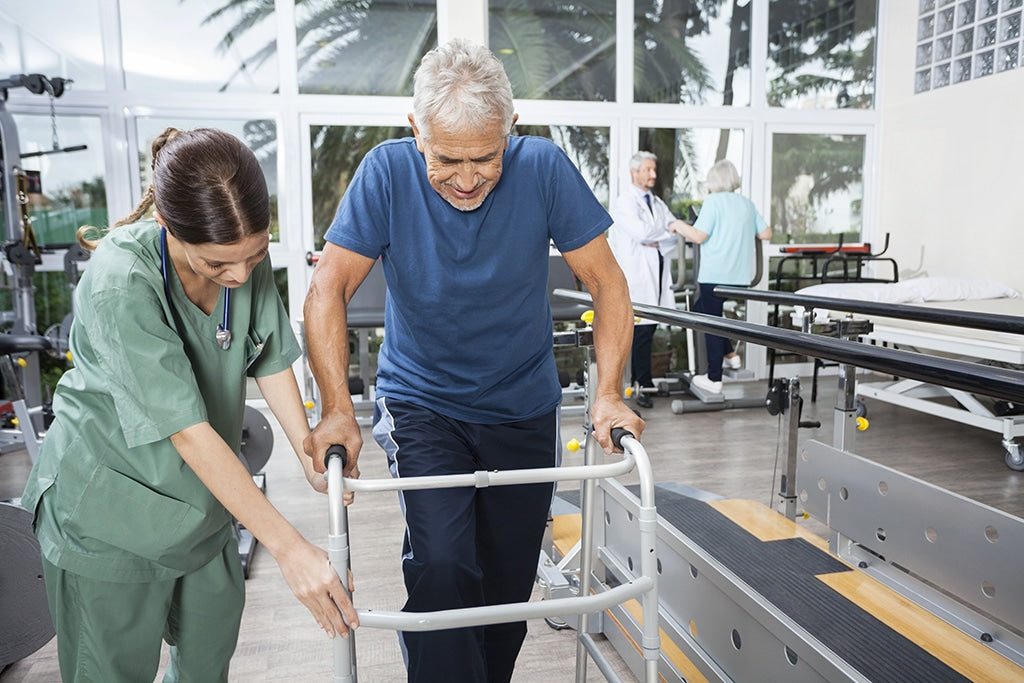
Physical therapists help in resolving motor and sensory impairments, which are common ailments following a stroke. Physical therapists help in designing exercise plans and reducing the physical deficiencies that stroke survivors face. They specialize in teaching and training complex bodily movements, usually focusing on balance and coordination with stroke survivors. They help stroke survivors master everyday movements like using stairs and navigating between obstacles.
Occupational Therapists
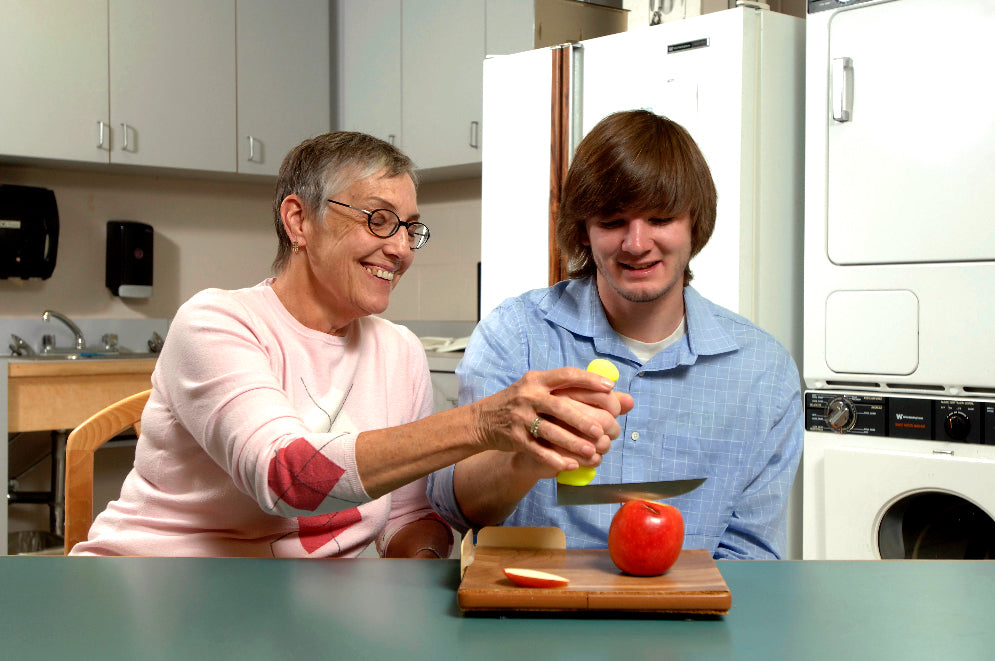
Photo Source: Sleep Center LCMC
Occupational therapy is designed to improve specific motor and sensory abilities. Patients who lose the ability to perform basic tasks, such as ability to concentrate, retain information, maintain sitting balance, elevate their arms to reach for an object or even gripping a pen. They may perform basic, self-directed occupational therapy exercises in order to "reprogram" unaffected parts of their brain while stimulating weakened muscles. Occupational Therapists help patients with regaining the ability to eat, bathe, dress themselves, write and cook.
Over time, occupational therapists can help patients regain muscle strength and reestablish neurological connections between the brain, tapping into "muscle memory" even after muscles are damaged or weakened by stroke.
Speech, Language and Hearing Therapists
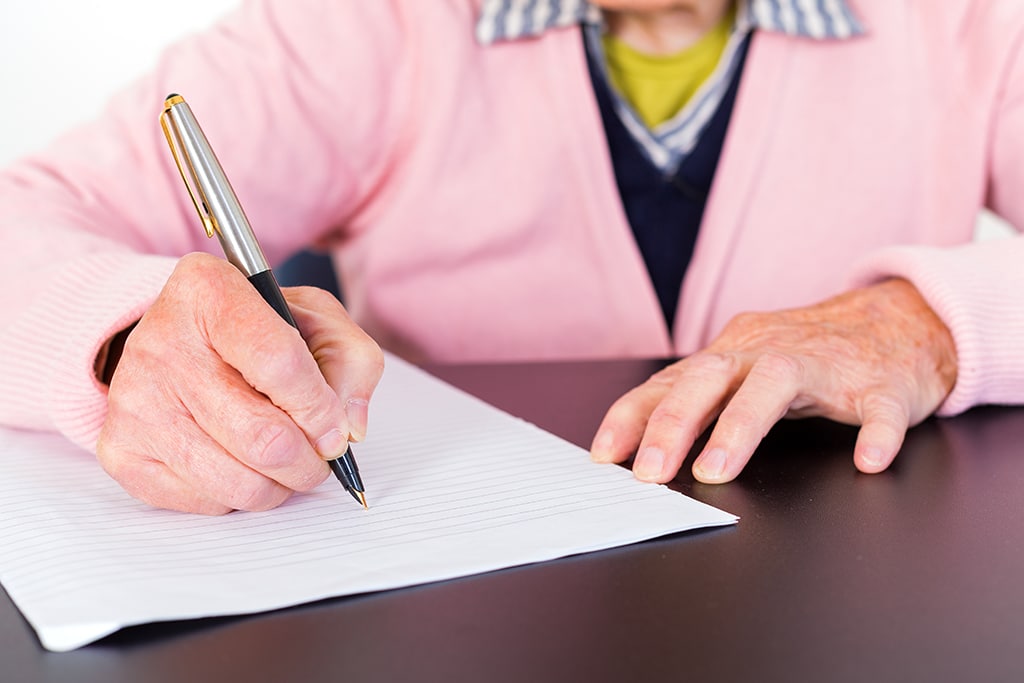
Many stroke survivors have aphasia, a language impairment caused by damage in the left side of the brain. This is the side that analyzes, interprets, and remembers language. Stroke survivors may struggle with speaking, reading, writing, or listening if a stroke damages these crucial parts.
Fortunately, speech-language pathologists are there to help patients relearn language – or develop alternate ways to communicate with loved ones and caregivers. These professionals learn each patient's specific language difficulties, then personalize a plan that gradually re-develops their skills over time. Pathologists may recite words and ask patients to repeat them back, give simple instructions and teach patients to follow them, or lead simple reading and writing exercises after some language capabilities are restored.
Recreational Therapists
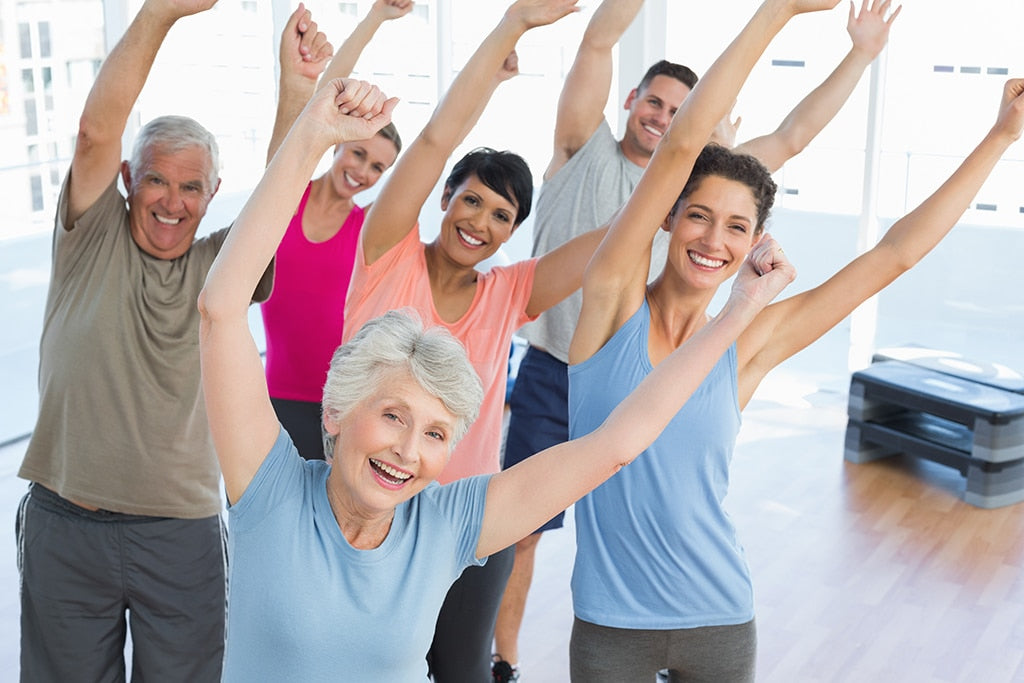
Recreational therapy, or "recreation therapy" helps stroke survivors function independently in active and leisure life situations. Recreational therapists work to restore not only the motor functioning and physical skills of their patients, but also help build important confidence and coping skills.
They help across a variety of client’s leisure interests, including sports, dance as well as arts and crafts. Recreational therapists are best known for restoring stroke survivors interests in and ability to engage in their personal interests. In that sense, they're really all about promoting physical and mental wellness.
After stroke survivors are discharged from the hospital for the first time, they often continue to work with their medical team to monitor their symptoms and manage their risks. However, many require assistance to return to daily life, and hospitals arrange suitable living arrangements for these patients. Whether patients are transferred into a rehabilitation facility or they return home to a caregiver, stroke rehabilitation is a very important part of a stroke survivor's’ life.
_______________________________
Whether you are a caregiver, occupational therapist or a stroke survivor yourself, Saebo provides stroke survivors young or old, access to transformative and life changing products. We pride ourselves on providing affordable, easily accessible, and cutting-edge solutions to people suffering from impaired mobility and function. We have several products to help with the stroke recovery and rehabilitation process. From the SaeboFlex stroke rehab glove, which allows clients to incorporate their hand functionally in therapy or at home, to the SaeboMAS, an unweighting device used to assist the arm during daily living tasks and exercise training, we are commitment to helping create innovative products for stroke recovery. Check out all of our product offerings or let us help you find which product is right for you.
All content provided on this blog is for informational purposes only and is not intended to be a substitute for professional medical advice, diagnosis, or treatment. Always seek the advice of your physician or other qualified health provider with any questions you may have regarding a medical condition. If you think you may have a medical emergency, call your doctor or 911 immediately. Reliance on any information provided by the Saebo website is solely at your own risk.
All content provided on this blog is for informational purposes only and is not intended to be a substitute for professional medical advice, diagnosis, or treatment. Always seek the advice of your physician or other qualified health providers with any questions you may have regarding a medical condition. If you think you may have a medical emergency, call your doctor or 911 immediately. Reliance on any information provided by the Saebo website is solely at your own risk.
